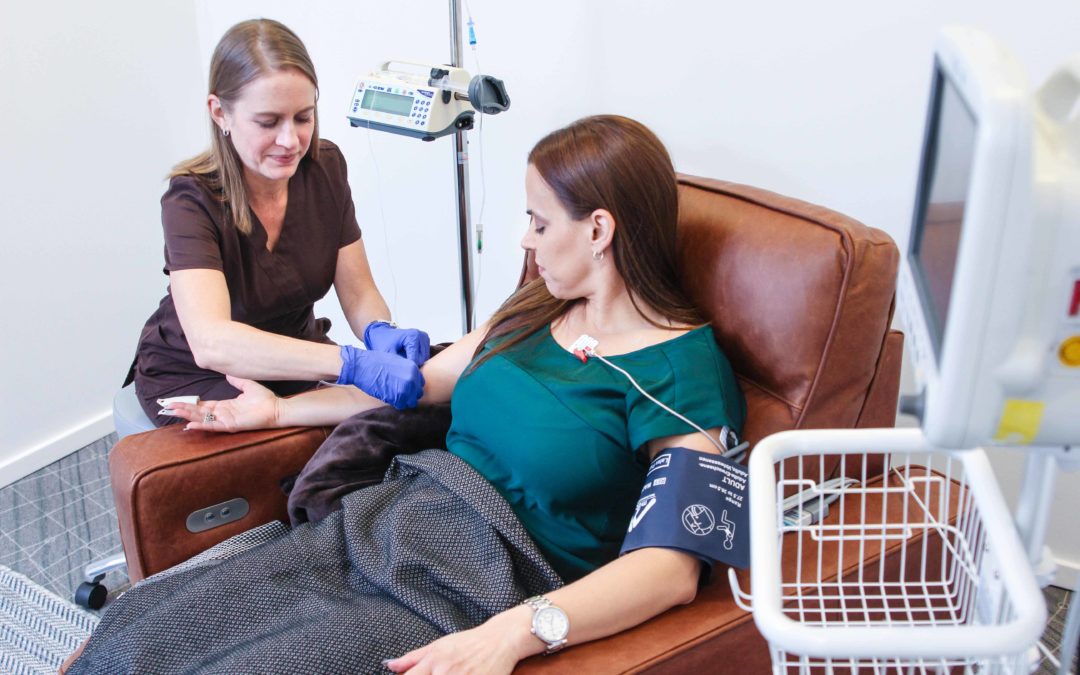The mental health disease known as post-traumatic stress disorder or PSTD has a considerable negative influence on those who have gone through extreme trauma. Although traditional therapies like counseling and medicine can be successful, interest in alternative methods is rising.
Ketamine used as a party drug and anesthetic, has drawn interest as a PTSD potential therapy. This article examines the innovative and possible use of ketamine treatment for ptsd. Also, this expanding mental health treatment explores the mechanisms of action, the state of the science, effectiveness, hazards, and the need for more study.
Ketamine: NMDA antagonist, rewires memory pathways, aiding trauma recovery.
Glutamate is a neuro system that ketamine affects in the brain. This NMDA receptor antagonist alters the brain connections that help with memory and emotional processing. These effects could aid in “rewiring” painful memories.
Ketamine trials show promise for PTSD treatment.
Current clinical research and investigations focus on the efficacy of ketamine in treating PTSD. Initial research has shown encouraging findings, with some patients reporting fewer symptoms and more functionality. Ketamine’s effects are swift and alleviated within hours or days.
Controlled ketamine therapy offers rapid relief for severe, treatment-resistant PTSD.
When used in a safe and therapeutic context, ketamine therapy can offer relief to those with severe and treatment-resistant PTSD. The significant advantage is its ability to alleviate various symptoms, including:

- Anxiety
- Nightmares
- Flashbacks
Ketamine risks: abuse potential, side effects, long-term impact unclear
Ketamine is a dissociative anesthetic, and its misuse potential is a worry. Some patients may experience including:
- Dissociation
- Hallucinations
- The adverse effects of therapy
However, there is no information on the long-term implications of frequent ketamine usage.
Even though ketamine appears promising, additional study is necessary because it is not a universally applicable treatment. It is crucial to address concerns about the following:
- Optimal dosages
- Treatment strategies
- Potential long-term effects
Further research will assist in improving treatment strategies.
Ketamine’s potential as a PTSD therapy is a subject of considerable attention and research.
With its quick beginning of effect setting it apart from conventional treatment, it provides a distinctive method for addressing the primary symptoms of PTSD. Ketamine has various risks and unknowns, and its use may not be acceptable for everyone. They can anticipate a knowledge of its ideal application, possible long-term effects, and place within the broader context of PTSD therapy as research advances. Severe and treatment-resistant PTSD is cautiously managed under the guidance of medical professionals and with ongoing monitoring.






